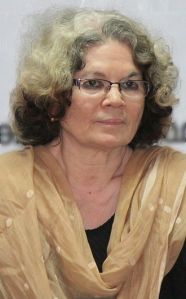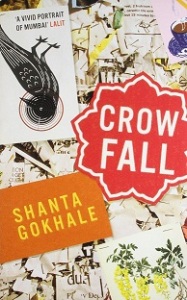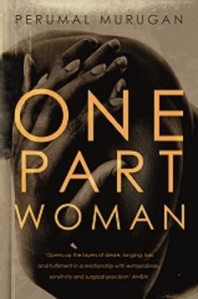Writer: Sarah Joseph
Language: Malayalam
Original Book Title: Oorukaval English Title: The Vigil
Translator: Vasanthi Sankaranarayanan
Other Books: Othappu, Alohari Aanandam, Paapathara, Allahayude Penmakkal
Malayalam, incidentally my mother tongue, is the language spoken in the tiny coastal state of Kerala, located at the southern tip of the Indian peninsula. Kerala is a place known globally for its beaches and backwaters and the most for its spices (which brought in Vasco de Gama from Portugal in 1498 and many more Europeans in his footsteps to our beaches) Our travel-bug-smitten and migration-happy people, their paradoxes as well as the excellent development indices and literacy rates within the geographical boundaries are the other things that have made headlines across the world. I should not forget how we have the credit of being the first ever state to democratically elect a Communist party to govern us, way back in the 1950s. We have a rich publishing field, excellent literature and we are people who get highs on world literature in translation. If you need proof for that, Malayalam was the very first language into which Marquez was translated into after he appeared in English. And we have every Nobel Prize and other major lit prize winner appearing in translation as soon as the award is announced. 
Sarah Joseph, the author I introduce today, is a living legend, not only as author, but also as a prominent feminist and a social activist. You can read more about her here. She is one of the leading writers in Malayalam, and I have chosen her latest translated book for introduction in this episode of Reading Across India.
Sara Teacher, as we call her (that’s because she is a retired professor), has opted to do a mythology retelling in the voice of a minor character, Angadan, in the epic Ramayana, in her novel ‘Oorukaval’. Continue reading


